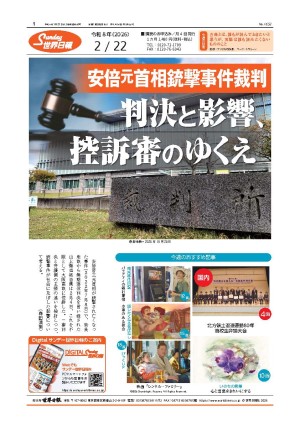ヘルシンキ米露首脳会談実施へ An agenda for Helsinki
ジョン・ボルトン米大統領補佐官(国家安全保障担当)は、(フィンランドの首都)ヘルシンキで今月後半に予定されるトランプ・プーチン会談の日程調整のためのモスクワでの会議を終えたところである(注:7月11~12日、ブリュッセルで開かれる北大西洋条約機構=NATO=の首脳会議後の16日に、米露首脳は会談すると、米露両政府は発表している)。そして、話し合いの内容は「世界の戦略的安定、核兵器の管理、そして、全般的には、軍縮問題に関する一切合切」であった。
...【全文を読む】







